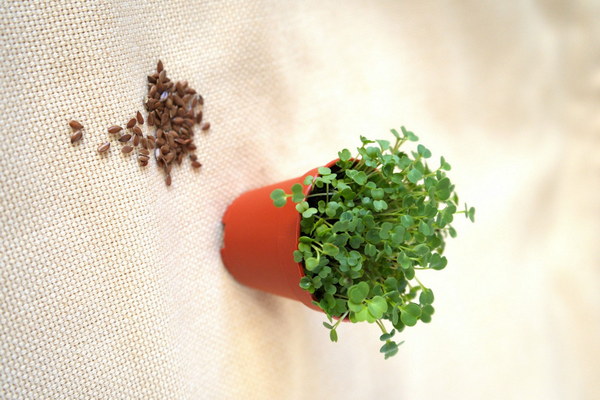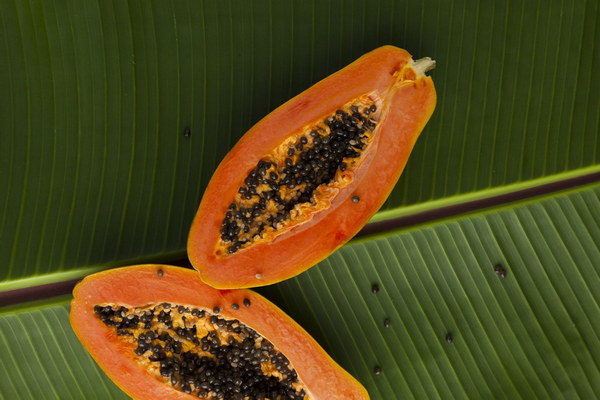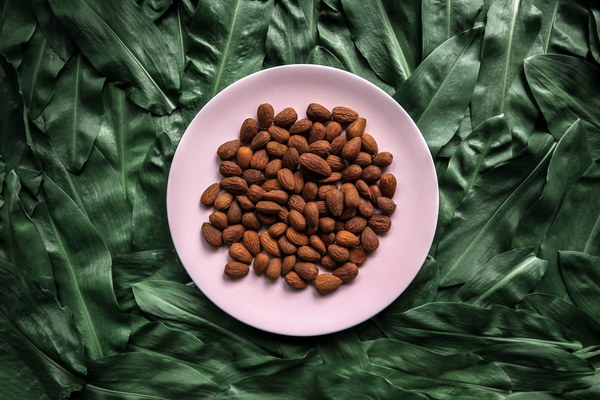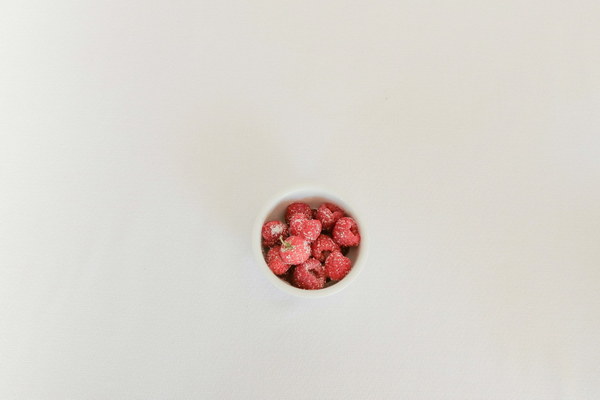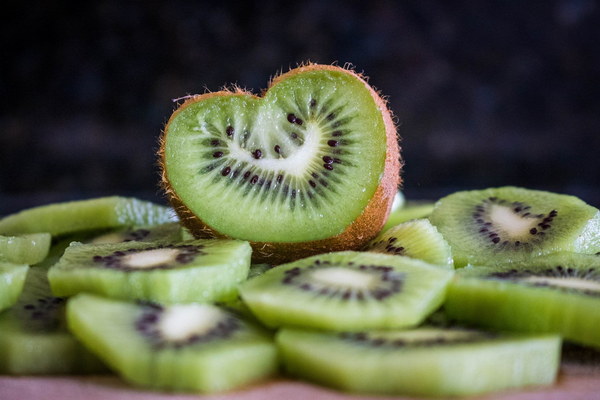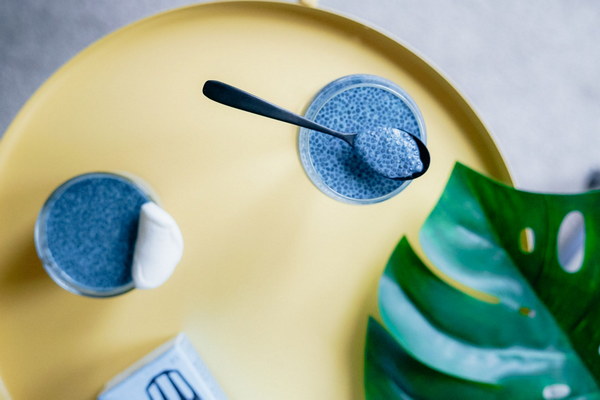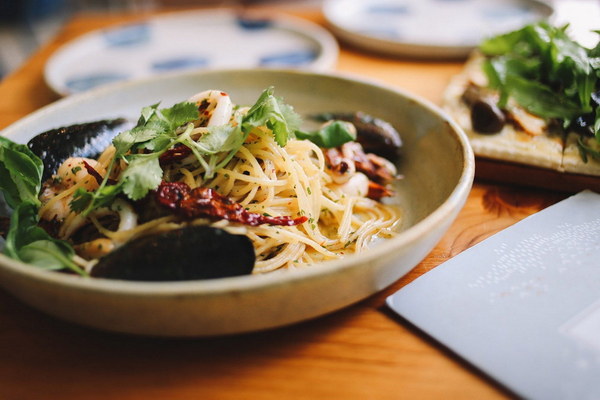Post-Ovulation Recovery A Comprehensive Guide to Nutritional Support
After undergoing an egg retrieval procedure, it is crucial to provide your body with the necessary nutrients to aid in recovery. The process can be physically demanding and can leave you feeling fatigued. This article aims to provide a comprehensive guide to nutritional support post-ovulation, helping you to bounce back and resume your daily activities with ease.
1. Hydration
Hydration is key to overall recovery. Ensure you drink plenty of water throughout the day, aiming for at least 8-10 glasses. Water helps to flush out toxins, supports kidney function, and aids in the healing process. To make hydration more enjoyable, add slices of lemon, cucumber, or mint to your water for a refreshing twist.
2. Protein Intake
Protein is essential for tissue repair and muscle strength. Consume a balanced amount of protein, approximately 20-30 grams per meal. Good sources of protein include lean meats, fish, eggs, dairy products, legumes, and plant-based options like tofu and tempeh. Incorporate protein-rich foods into your meals and snacks to support your body's recovery process.
3. Fruits and Vegetables
A diet rich in fruits and vegetables is vital for providing essential vitamins, minerals, and antioxidants. Aim to consume a variety of colorful produce to ensure you're getting a wide range of nutrients. Some key nutrients to focus on include:
- Vitamin C: Found in oranges, strawberries, bell peppers, and leafy greens, Vitamin C helps boost your immune system and aids in collagen production for tissue repair.
- Vitamin E: Rich in nuts, seeds, and leafy greens, Vitamin E acts as an antioxidant and supports skin health.
- Vitamin A: Found in sweet potatoes, carrots, and dark leafy greens, Vitamin A promotes cell growth and repair.
- Selenium: Selenium is a mineral that supports the immune system and helps protect cells from oxidative stress. It can be found in Brazil nuts, fish, and whole grains.
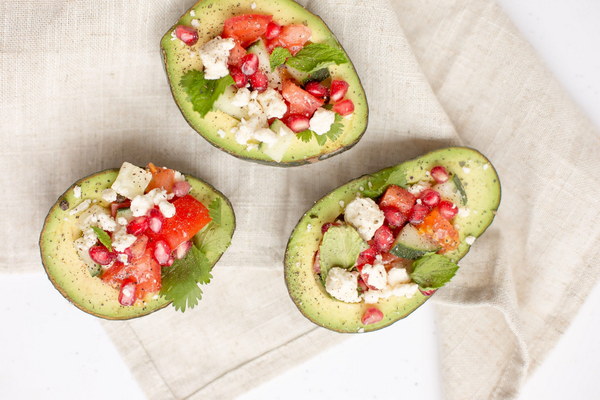
4. Omega-3 Fatty Acids
Omega-3 fatty acids are essential for heart health, inflammation reduction, and overall well-being. Incorporate foods rich in omega-3s into your diet, such as fatty fish (like salmon, mackerel, and sardines), flaxseeds, chia seeds, and walnuts.
5. Whole Grains
Whole grains provide sustained energy and are rich in fiber, vitamins, and minerals. Include whole grains like brown rice, quinoa, whole wheat bread, and oatmeal in your diet to support your recovery.
6. Stay away from Unhealthy Foods
During your recovery, avoid consuming processed foods, sugary snacks, and excessive caffeine. These can cause inflammation, disrupt sleep patterns, and hinder your body's healing process.
7. Consult with a Professional
If you have specific dietary needs or concerns, consult with a healthcare professional or a registered dietitian. They can provide personalized advice and ensure you're meeting your nutritional requirements during this critical time.
In conclusion, post-ovulation recovery requires a well-balanced diet that supports your body's healing process. By focusing on hydration, protein, fruits and vegetables, omega-3 fatty acids, whole grains, and avoiding unhealthy foods, you can help your body bounce back and resume your daily activities with ease. Remember to consult with a healthcare professional for personalized advice and support.


